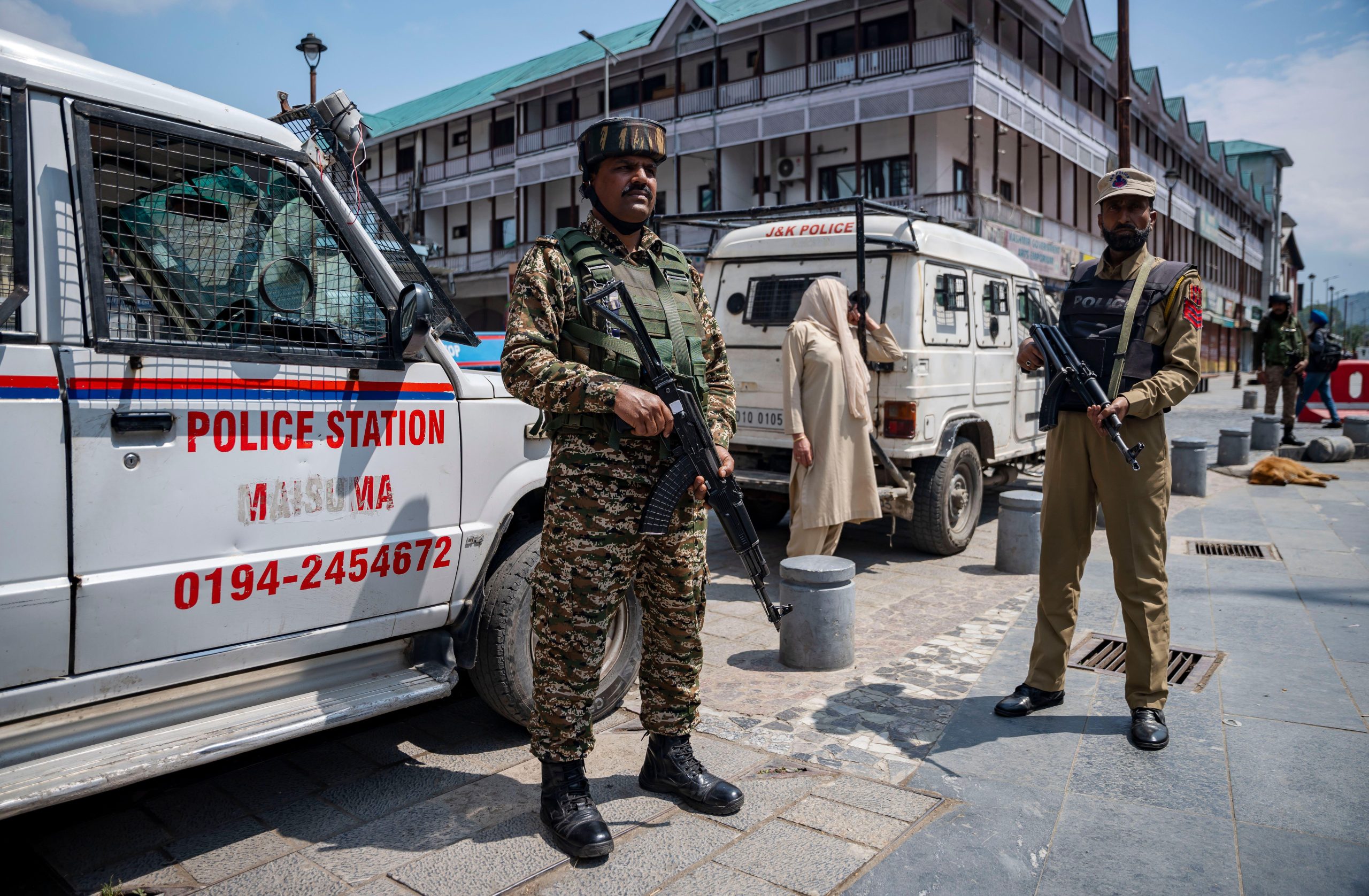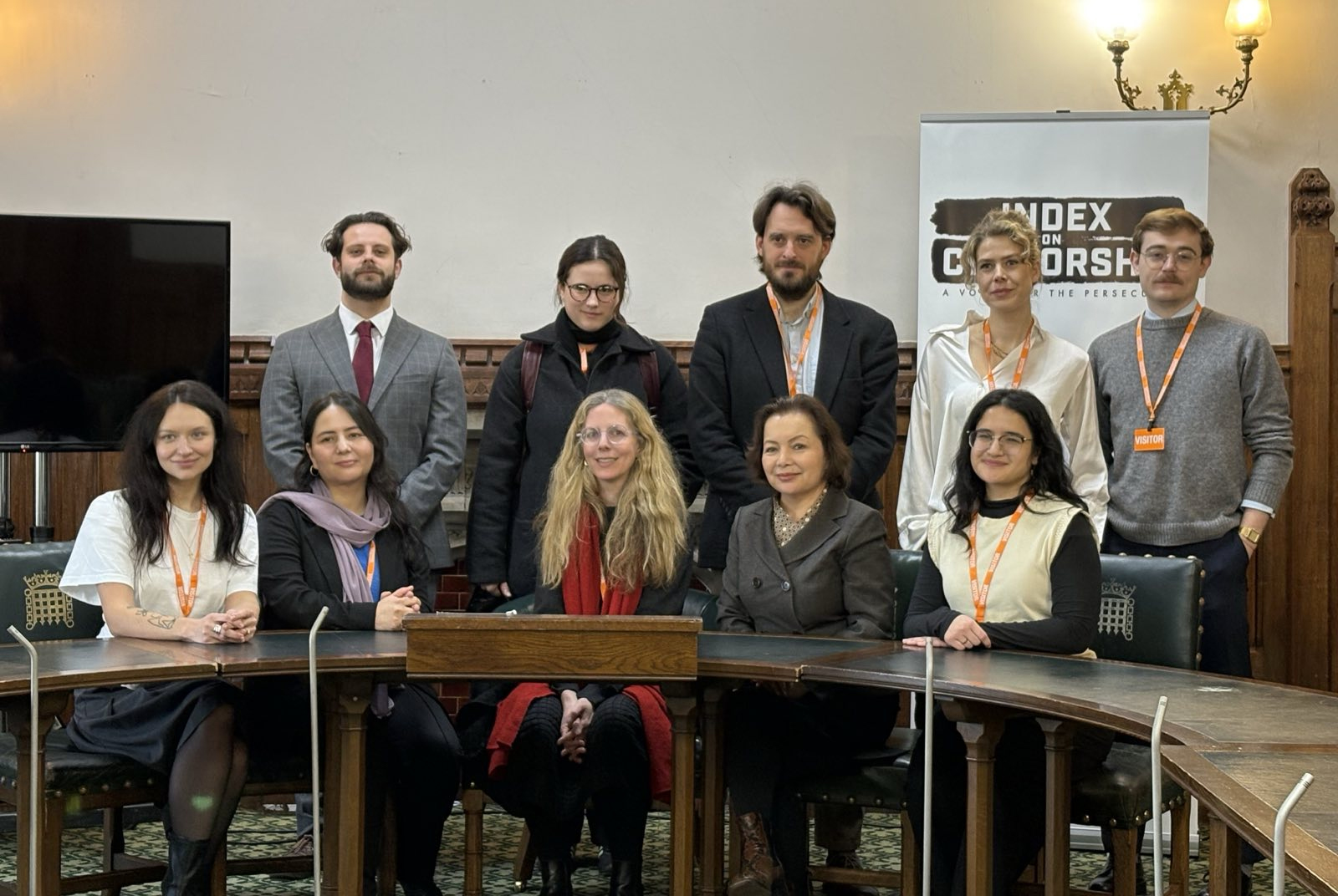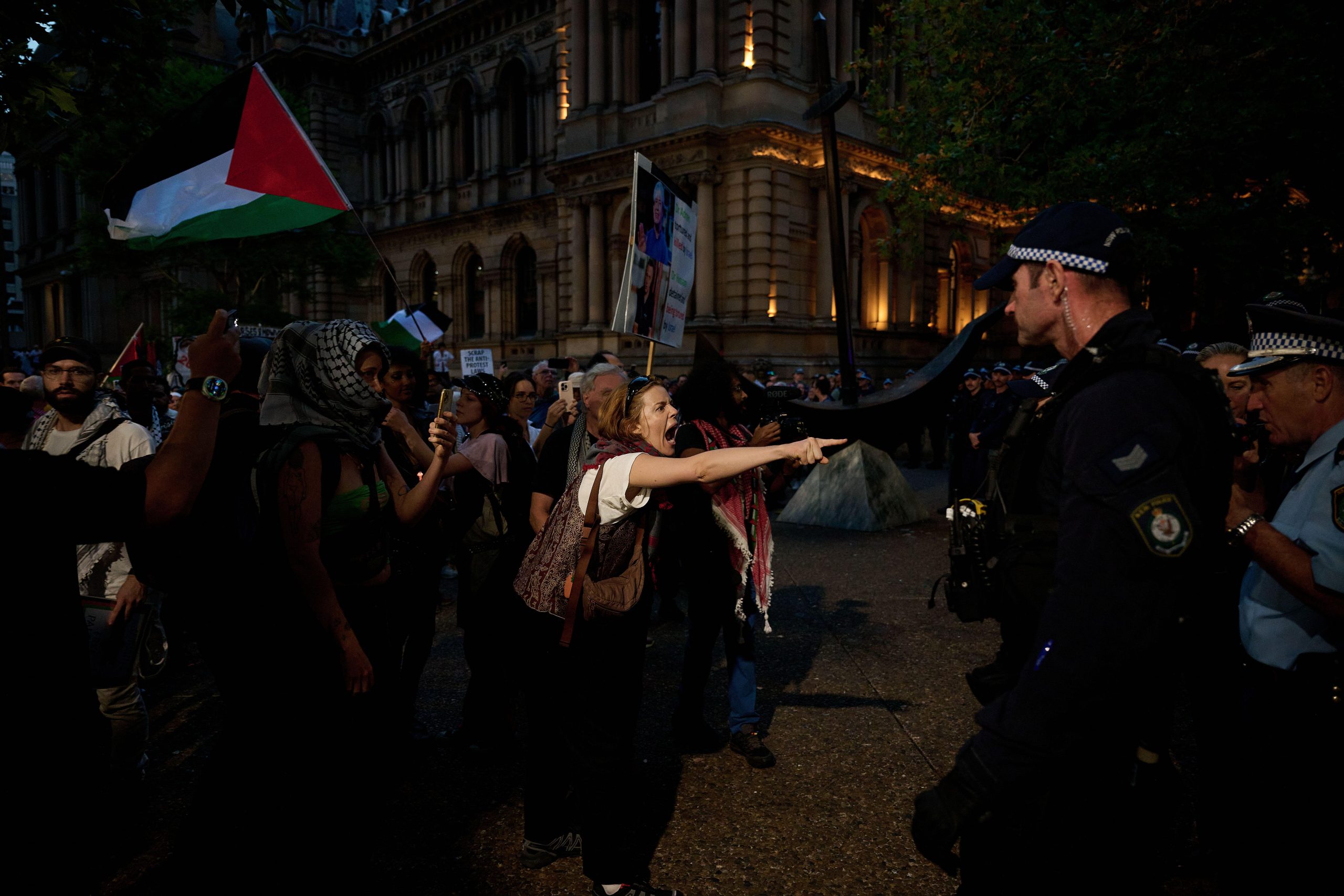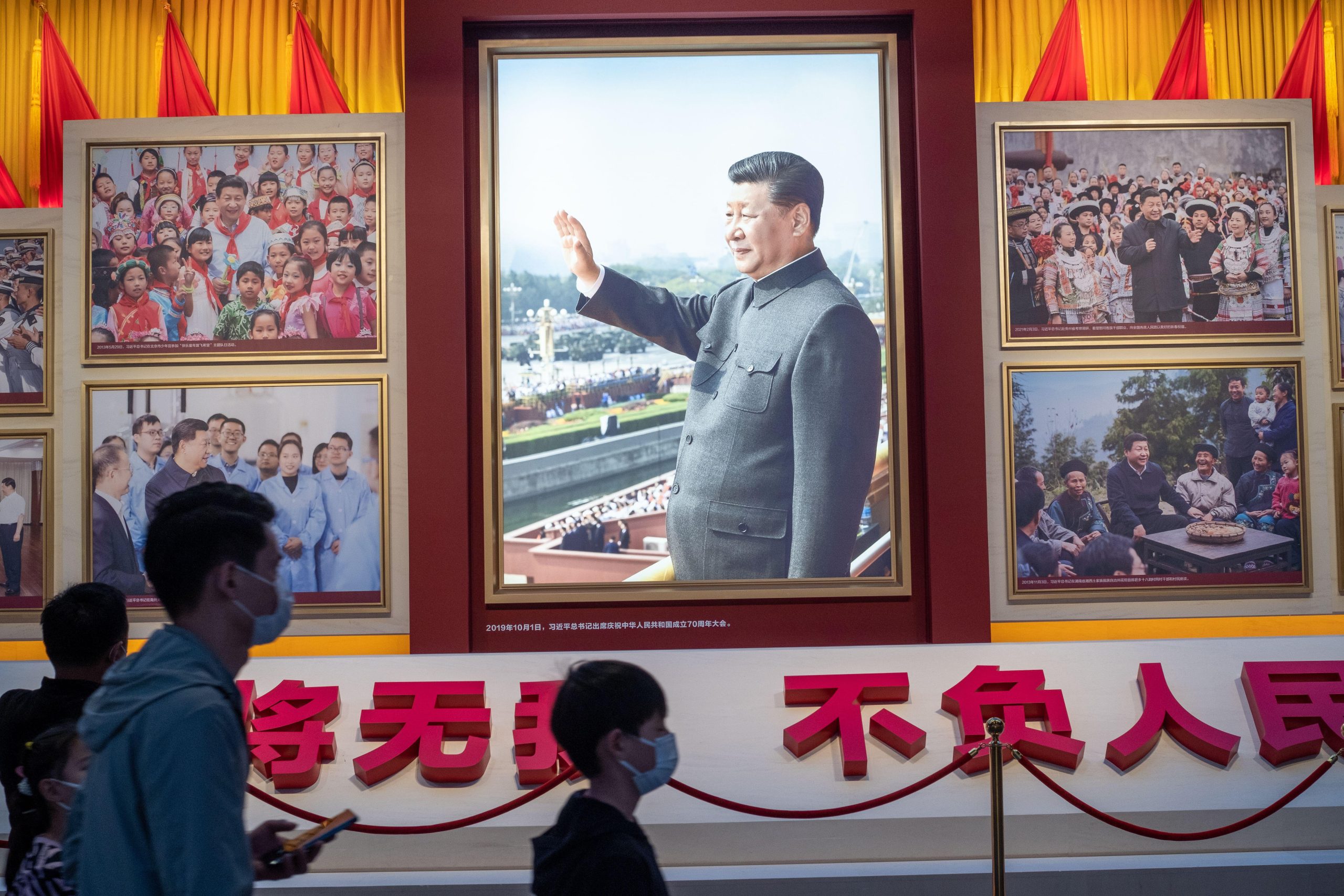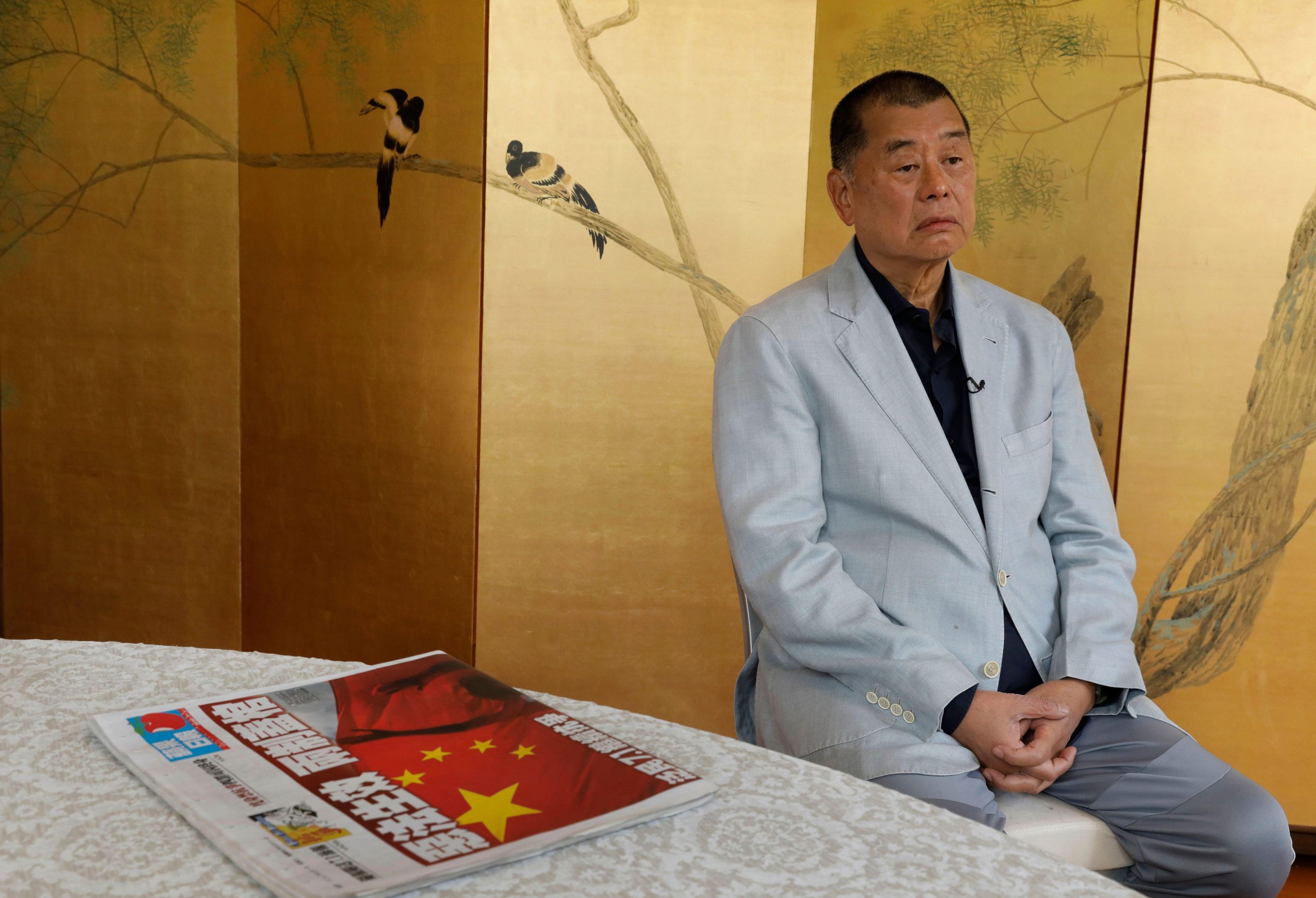As conflict intensifies between India and Pakistan, those in the disputed region of Kashmir have long faced human rights violations, including a higher level of surveillance and suppression of free speech.
On a cloudy day in January, 30-year-old Hanan* perched on a rock in a nearby forest close to his house in the Handwara area of India-controlled Kashmir. Amongst the daily hustle and bustle in his neighborhood, Hanan and his friends discussed a recent citizens’ survey allegedly conducted by the Indian Army. According to residents, the survey had required them to share private details about their families alongside photos.
“What is really concerning for the locals is [soldiers requesting photos of women],” said Hanan, as he braved the wintry cold breeze in the woods.
His friend, Anzar*, said he had been asked to share a photo of his family members, and had been threatened with severe consequences if he did not comply.
Last year, a similar data collection exercise was conducted throughout Kashmir by the local police force. Alongside personal information being requested, residents were also allegedly asked to share a geotagged photo of the house they were residing in.
Sheeraz* said he first heard about last year’s survey from his younger brother. He fears that the police are sourcing information which could be used to instigate “ethnic cleansing” of the area in future. He likened the surveillance to similar methods used by Israeli forces in order to monitor and track Palestinians, such as facial recognition technology.
Kashmir’s 2024 invasive policing exercise, which was termed “Village X Ray”, sought residents’ details such as their vehicle registration numbers, their affiliations with banned organisations and their Aadhaar numbers (a unique identity card provided by the Indian government).
“They are trying to shrink the space for us in ways unimaginable for many in other parts of the world,” said Sheeraz.
A new era of surveillance
Surveillance of the local population is not new in the contested piece of land between India and Pakistan, but fears have heightened since the region’s autonomy was further eroded in 2019.
In 1987, a state election took place in Jammu and Kashmir that was widely believed to be rigged. The years following this saw an armed rebellion. In an attempt to quell the uprising, India’s government brought approximately 600,000 troops into the region, forcing people to name sympathisers and supporters of the cause against Indian rule, making arbitrary detentions and using torture to stop dissent. It also used various repressive legislative measures, including laws such as the Armed Forces (Special Powers) Act, the Jammu and Kashmir Public Safety Act and the Unlawful Activities (Prevention) Act.
Three decades later in August 2019, Narendra Modi’s right-wing Indian government revoked the disputed Jammu and Kashmir region’s special status (Article 370), which had previously granted it semi-autonomy over its administration.
Article 35A was also scrapped, meaning that non-Kashmiris can now buy property in the region, giving a green light for outsiders to acquire the land of indigenous people. This has raised fears that the Indian government is trying to drastically change the demographic of the Muslim-majority region.
“Not only will we lose jobs, the only Muslim-majority [region] will be prone to communal conflicts after this arbitrary decision by the central government,” said Hanan.
Silencing voices
On the night of 5 January 2022, a young journalist from Bandipora’s Hajin area called Sajad Gul was arrested by men in uniform at his home. He was questioned for uploading a video clip to the social media platform X of women in a nearby area allegedly protesting the killing of a local militant leader. He had attended the protest to report on the incident.
The local police detained him under the Public Safety Act, which allows for a maximum two-year detention, among other charges, and transferred him to and from various jails. He was ultimately imprisoned for 910 days for reporting on a story.
In November 2023, the Jammu and Kashmir High Court quashed his detention, saying that there was no concrete evidence or specific allegations proving his actions were prejudicial to the security of the state.
Press freedom has deteriorated since the removal of Kashmir’s special status in 2019. Abdul Aala Fazili, a research scholar, was also arrested in April 2022 by the Jammu and Kashmir State Investigation Agency (SIA) for an article he wrote in 2011 for the online magazine The Kashmir Walla, titled “The shackles of slavery will break”. The news website has been blocked in India since August 2023.
“Since the nullification of the hollowed-out special status, not only are journalists in Kashmir being silenced by various intimidation techniques, but the general public is equally feeling the forced gag,” said Owais*, a history student who is well-versed with what is happening in the region. “People are scared of posting anything remotely related to the region’s disputed status on any social media platforms because they know the consequences.”
“We are all suspects here”
Leaning forward in his chair, a local politician called Saleem* spoke to me from his office in the outskirts of Handwara. When asked about the increasing surveillance in the region, his sharp and incisive response was: “The government of India sees us all as strangers. We are all suspects here for them.” These are strong words from someone who has taken an oath on India’s constitution.
The revoking of Article 370 has caused dynamics to shift, he said. “There was a lot in our hands back in the early 1990s, however now we have lost that bargaining power in the corridors of power.”
In 2022, the Jammu and Kashmir government took another step towards monitoring locals’ movements, even on roads and in shops. An order administered via its policing wing in the Srinagar region put pressure on shopkeepers to install CCTV cameras or face a penalty.
Many opposed it, saying they couldn’t afford the installation costs. Some were wary of installing cameras outside the front of their shops. “I clearly said to the party that I cannot install [it] because there is no need for installation,” said one shopkeeper. “Installing inside makes sense for my business, but not in front of the shop.”
History student Owais said that the attempt to silence people in Kashmir is now “two-pronged”: “One is reporting anyone who speaks for rights on social media platforms, and another is constant police raids at residences just to intimidate not only the suspects but the general public at large in the valley.”
Hanan, strolling back from the woods and towards his home, echoed Owais’s worries about the future of Kashmir. “I do not know what to do in these situations. I am not only concerned for my career, but now, for the last few years, my focus is more on the land I belong to, which I feel will be snatched away from me anytime by a single order of the government.”
* names have been changed to protect the identities of interviewees

